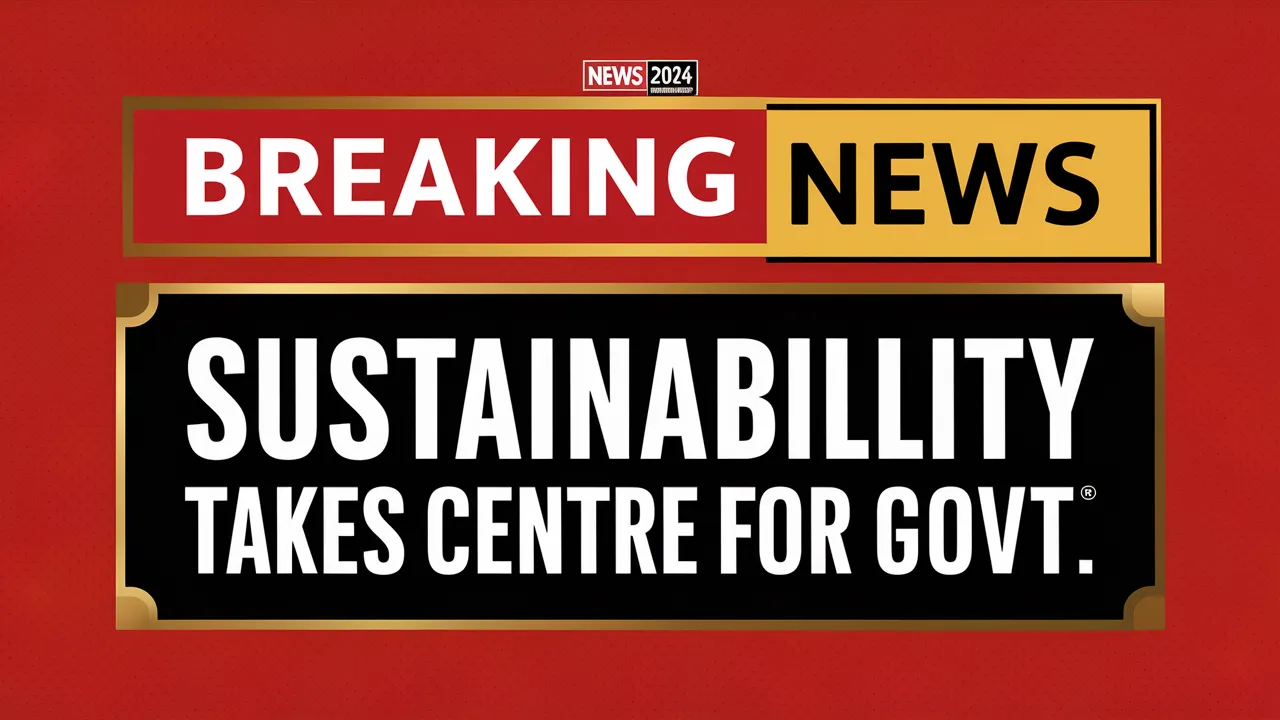As the long Indian election spectacle drew to a close, early poll predictions indicate Prime Minister Narendra Modi’s BJP party is likely to secure a 3rd consecutive term in power.
While much media airtime has centered around politics, an equally important question, what’s next on the agenda for India’s sustainability journey?
Industry leaders believe sustainability will form a pivotal pillar for the new administration. “Sustained economic growth and development is only possible on the foundation of renewable energy, clean technology and circular systems that conserve resources,” asserts Mahesh Girdhar, CEO of sustainability solutions firm EverEnviro.
Girdhar expects the government to prioritize sectors like clean energy and waste management which promise green jobs, carbon mitigation and resource efficiency. Top priorities could include:
Renewable Energy Projects: Scaling up solar, wind and biogas investments by easing financing, land access and distribution bottlenecks.
Waste-to-Energy Solutions: Boosting production and infrastructure for compressed biogas and organic manure conversion systems.
Grid Integration: Granting renewable energy transmission between high generation and high demand areas.
BJP manifesto echoes a commitment to net-zero by 2070. But India’s complex social, economic and industrial landscape poses challenges for policy makers. “While ambitions are high, practical aspects like technology readiness, funding constraints and lack of public awareness remain key barriers,” notes Shivdutt Das, Director, Vishwa Samudra Group.
Overcome Challenges by Public-Private Partnerships
Industry consensus indicates a need for public-private participation models that go into the expertise and capital flows from corporate India.
“Be it electric mobility, battery storage solutions or carbon capture systems, government must incentivize private players to boost innovation and scale,” Girdhar affirms. Platforms like Invest India and Startup India could act as catalysts here.
Apart from sector-specific incentives for green technology adoption, sustainability advocates also highlight the need for a centralized ESG framework backed by transparent emissions data.
While India gears up for a new administration likely helmed by a familiar face, one thing is clear – sustainability now holds a central place in the national agenda. An enabling regulatory environment and incentives framework, backed by public-private collaboration can accelerate the transition.
The main question is, can the new government swiftly translate ambitious climate targets into tangible action on the ground?





